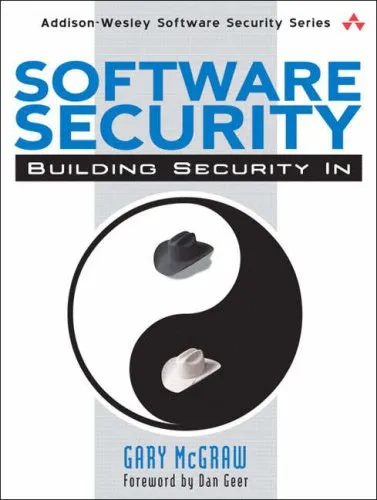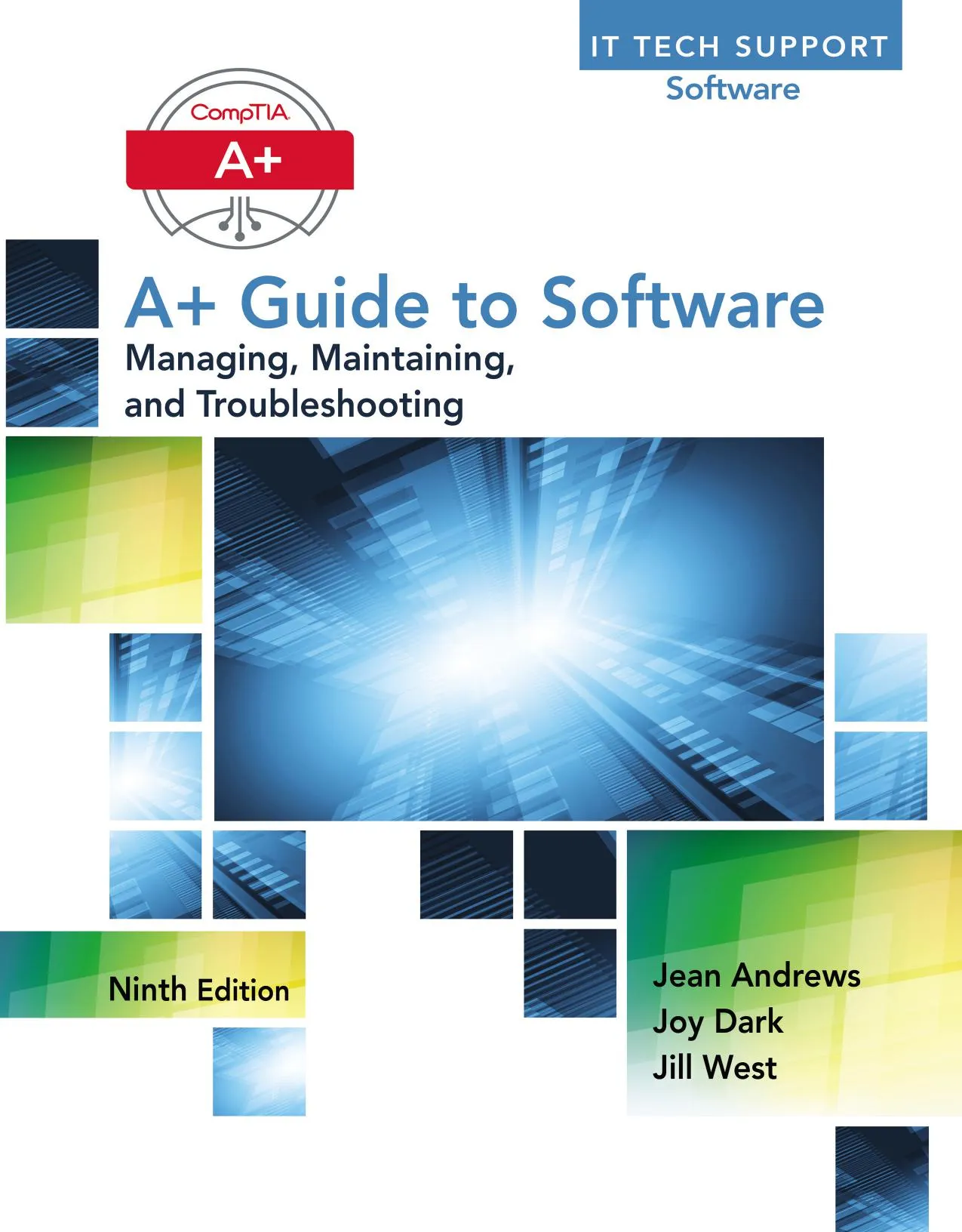IEEE Transactions on Software Engineering
5.0
Reviews from our users

You Can Ask your questions from this book's AI after Login
Each download or ask from book AI costs 2 points. To earn more free points, please visit the Points Guide Page and complete some valuable actions.Related Refrences:
The work “IEEE Transactions on Software Engineering pp. 1253–1256” by J. Mostow is a concise but impactful academic contribution within the esteemed IEEE Transactions on Software Engineering journal. This publication distills a focused investigation on aspects of software engineering and artificial intelligence in the context of software development processes. While short in length, it delivers significant insights into methodology, design considerations, and empirical observations that remain relevant within both academic study and industry applications. In this introduction, we will explore the detailed summary, key takeaways, notable quotations, and the enduring importance of this work.
Detailed Summary of the Book
This paper is situated within a period of growth in the software engineering field where the complexity of software systems was rapidly increasing. J. Mostow examines how structured approaches and intelligent automation can enhance productivity, reduce errors, and create more maintainable software. By bridging cognitive science principles with programming methodologies, the author highlights how human decision-making can be supported or augmented through automated tools.
The paper emphasizes problem-solving strategies for common pitfalls in the software life cycle, notably requirements analysis and system design. The author sheds light on how systematic frameworks can reduce ambiguity in specifications and ensure more predictable outcomes. It also touches upon the integration of adaptive elements into design systems that allow software to better cope with evolving user needs.
Furthermore, the work reflects a strong analytical stance on empirical validation. By showcasing measured improvements through experimental systems, the author illustrates the tangible impact of such techniques on the quality of deliverables. The findings are supported with case studies that underscore the synergy between automation, formal specification, and human judgment.
Key Takeaways
- Automation in software engineering can significantly reduce human workload while improving accuracy and consistency.
- Combining cognitive science and software methodology fosters better decision-making and reduces errors.
- Systematic frameworks for requirements analysis improve clarity and flexibility in evolving projects.
- Empirical validation of tools and methodologies is essential to justify their adoption in real-world scenarios.
- Adaptive systems are better equipped to manage changing requirements and user expectations.
Famous Quotes from the Book
While brief, the text contains several concise and memorable reflections that capture the essence of the research:
“The true test of a methodology lies not in its elegance on paper, but in its resilience under the pressures of real-world complexity.”
“Automation should not replace human insight — it should amplify it.”
“Every specification is a hypothesis; every implementation, an experiment.”
Why This Book Matters
The significance of “IEEE Transactions on Software Engineering pp. 1253–1256” lies not merely in its technical content but in the mindset it promotes for software development. In an age where software systems touch every aspect of life, building them efficiently, intelligently, and adaptively is paramount. Mostow’s work bridges academic theory and practical implementation, providing both conceptual and empirical evidence for his assertions.
For software engineers, project managers, and researchers, this piece reinforces the importance of structured thinking, empirical evaluation, and cognitive science principles in shaping better tools and practices. It anticipates trends that have become major topics today — such as AI-assisted coding, adaptive software, and data-driven design decisions.
From an SEO perspective, the topics addressed in the work — including “software engineering automation,” “requirements analysis,” “cognitive science in software,” and “adaptive systems” — remain highly searched and relevant keywords in modern tech discourse. This makes the ideas from this publication valuable both in historical context and for contemporary development approaches.
Ultimately, the paper is a reminder that improving software engineering is not solely about writing code faster, but about elevating the entire process from conception to implementation with intelligence, foresight, and adaptability.
Free Direct Download
You Can Download this book after Login
Accessing books through legal platforms and public libraries not only supports the rights of authors and publishers but also contributes to the sustainability of reading culture. Before downloading, please take a moment to consider these options.
Find this book on other platforms:
WorldCat helps you find books in libraries worldwide.
See ratings, reviews, and discussions on Goodreads.
Find and buy rare or used books on AbeBooks.




